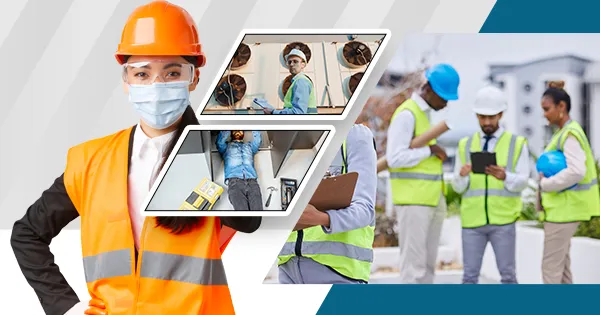Maintaining building systems like HVAC, electrical, and plumbing is not just about compliance—it’s about efficiency, safety, and longevity. These systems form the backbone of any facility, and proactive care ensures minimal downtime and lower repair costs.
HVAC Systems: Comfort and Efficiency
Regular inspection and servicing of HVAC systems is essential for maintaining optimal indoor air quality and temperature control. Dirty filters, worn-out components, or unchecked leaks can lead to inefficiency and discomfort. Including scheduled maintenance, filter replacement, and duct cleaning can prevent system failures and improve energy performance.
Electrical Systems: Safety and Reliability
Electrical systems should be tested routinely to avoid hazards such as short circuits or overloads. Inspections by certified technicians can help identify outdated wiring, inefficient systems, or potential safety risks. Additionally, routine maintenance helps improve energy efficiency and reduces the risk of costly downtimes.
Plumbing: Preventing Leaks and Water Damage
Neglecting plumbing maintenance can result in leaks, mould growth, and water damage. Proactive tasks like checking for leaks, inspecting water heaters, and clearing clogged drains ensure smooth operation. Addressing issues early can significantly reduce repair costs and disruptions to daily operations.
Comprehensive Maintenance Support
For businesses seeking a holistic solution, our building maintenance services offer tailored packages that include HVAC, plumbing, electrical care, and more. These services ensure all critical systems are maintained consistently and professionally.
Enhancing Maintenance with Additional Support
Sometimes, the smallest issues can turn into major disruptions. That’s where handyman services come in handy—handling everyday fixes, minor repairs, and preventive tasks that often go unnoticed but are crucial for maintaining building integrity.
Final Thoughts
Mastering building systems maintenance requires a combination of technical expertise, proactive care, and reliable service partners. Whether it’s keeping HVAC systems efficient, electrical systems safe, or plumbing systems leak-free, consistent attention to detail pays off in operational savings and peace of mind.


